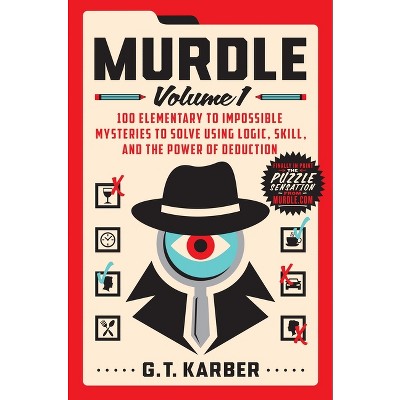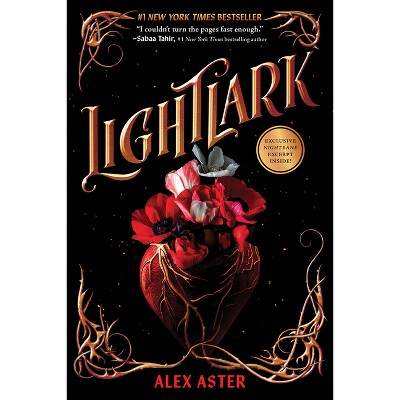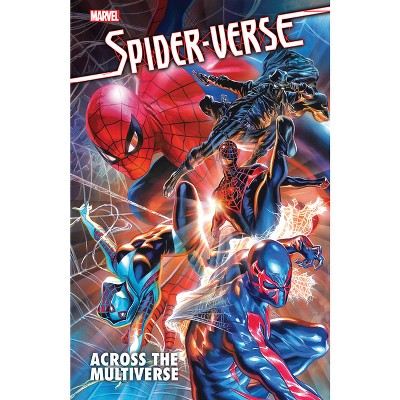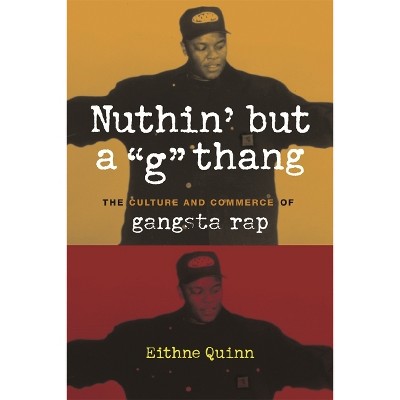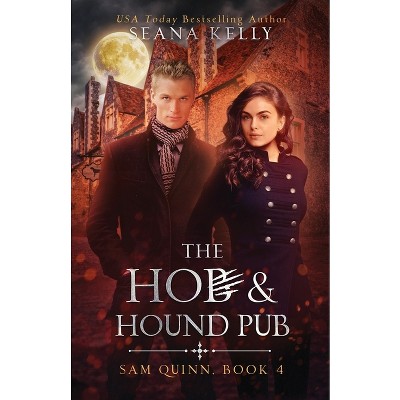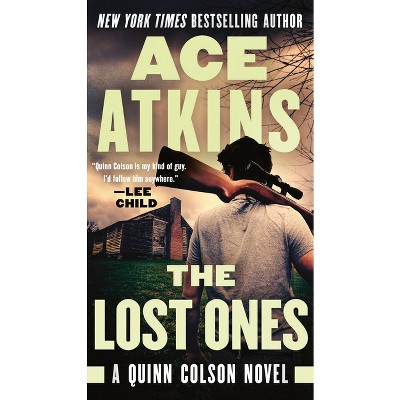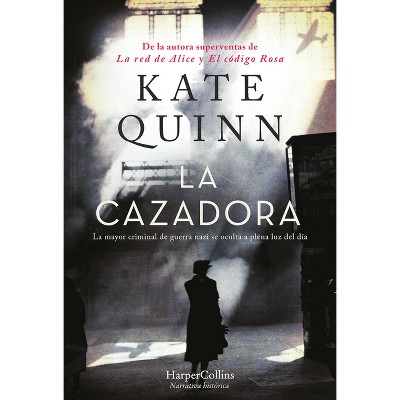Sponsored

A Piece of the Action - by Eithne Quinn (Paperback)
$30.00
In Stock
Eligible for registries and wish lists
Sponsored
About this item
Highlights
- Hollywood is often thought of--and certainly by Hollywood itself--as a progressive haven.
- About the Author: Eithne Quinn is senior lecturer in American studies at the University of Manchester.
- 288 Pages
- Performing Arts, Film
Description
About the Book
Eithne Quinn reveals how Hollywood catalyzed racial politics in the decade after the passage of the Civil Rights Act, through representation on screen as well as in battles over jobs and resources behind the scenes. Based on extensive archival research and detailed discussions of films, this book examines the limits of Hollywood liberalism.Book Synopsis
Hollywood is often thought of--and certainly by Hollywood itself--as a progressive haven. However, in the decade after the passage of the Civil Rights Act, the film industry grew deeply conservative when it came to conflicts over racial justice. Amid black self-assertion and white backlash, many of the most heated struggles in film were fought over employment. In A Piece of the Action, Eithne Quinn reveals how Hollywood catalyzed wider racial politics, through representation on screen as well as in battles over jobs and resources behind the scenes.
Based on extensive archival research and detailed discussions of films like In the Heat of the Night, Sweet Sweetback's Baadasssss Song, Super Fly, Claudine, and Blue Collar, this volume considers how issues of race and labor played out on the screen during the tumultuous early years of affirmative action. Quinn charts how black actors leveraged their performance capital to force meaningful changes to employment and film content. She examines the emergence of Sidney Poitier and other African Americans as A-list stars; the careers of black filmmakers such as Melvin Van Peebles and Ossie Davis; and attempts by the federal government and black advocacy groups to integrate cinema. Quinn also highlights the limits of Hollywood's liberalism, showing how predominantly white filmmakers, executives, and unions hid the persistence of racism behind feel-good stories and public-relations avowals of tolerance. A rigorous analysis of the deeply rooted patterns of racial exclusion in American cinema, A Piece of the Action sheds light on why conservative and corporate responses to antiracist and labor activism remain pervasive in today's Hollywood.Review Quotes
Quinn offers a revelatory account of resistance and reaction unfolding in Hollywood between In the Heat of the Night (1967) and Blue Collar (1978). She chronicles black creatives struggling to get black experiences on screen and black labor on the set. Powerful and richly insightful, A Piece of the Action details black filmmakers' and their white allies' attempts to counter liberal tokenism and colorblindness only to come up against the industry's neoconservative retreat from racial and economic justice.--Judith E. Smith, author of Becoming Belafonte: Black Artist, Public Radical
A Piece of the Action is a story about the interconnections between white privilege, "colorblind" ideology, and Hollywood business-as-usual practices. With a historian's nose for detail, Quinn reveals in sharp relief how an industry filled with self-proclaimed white progressives manages to reproduce--to this very day--its infamous legacy of racial exclusion and marginalization. This book is a must-read for anyone hoping to make sense of Hollywood's integral role in the shaping of American racial politics.--Darnell M. Hunt, author of Channeling Blackness: Studies on Television and Race in America
Well-written, meticulously researched, critical, and smart, A Piece of the Action may be the most important book on black American cinema in the last quarter century. Enjoyable and highly informative, this book will quickly emerge as a classic and must-read among those interested in film history, black cinema, race and popular culture, and the sociology of culture.--S. Craig Watkins, author of Don't Knock the Hustle: Young Creatives, Tech Ingenuity, and the Making of a New Innovation Economy
About the Author
Eithne Quinn is senior lecturer in American studies at the University of Manchester. She is author of Nuthin' but a "G" Thang: The Culture and Commerce of Gangsta Rap (Columbia, 2004) and acts as a defense expert on rap music in criminal proceedings.Dimensions (Overall): 8.9 Inches (H) x 6.0 Inches (W) x .8 Inches (D)
Weight: .9 Pounds
Suggested Age: 22 Years and Up
Number of Pages: 288
Genre: Performing Arts
Sub-Genre: Film
Publisher: Columbia University Press
Theme: History & Criticism
Format: Paperback
Author: Eithne Quinn
Language: English
Street Date: December 31, 2019
TCIN: 1001923994
UPC: 9780231164375
Item Number (DPCI): 247-19-8976
Origin: Made in the USA or Imported
If the item details aren’t accurate or complete, we want to know about it.
Shipping details
Estimated ship dimensions: 0.8 inches length x 6 inches width x 8.9 inches height
Estimated ship weight: 0.9 pounds
We regret that this item cannot be shipped to PO Boxes.
This item cannot be shipped to the following locations: American Samoa (see also separate entry under AS), Guam (see also separate entry under GU), Northern Mariana Islands, Puerto Rico (see also separate entry under PR), United States Minor Outlying Islands, Virgin Islands, U.S., APO/FPO
Return details
This item can be returned to any Target store or Target.com.
This item must be returned within 90 days of the date it was purchased in store, shipped, delivered by a Shipt shopper, or made ready for pickup.
See the return policy for complete information.
Frequently bought together
Trending Non-Fiction

$19.31
was $20.98 New lower price
4 out of 5 stars with 65 ratings

$18.28
was $19.58 New lower price
4.7 out of 5 stars with 17 ratings

$4.59
MSRP $7.99
Buy 2, get 1 free select books
4.8 out of 5 stars with 123 ratings

$6.20
MSRP $10.95
Buy 2, get 1 free select books
4.8 out of 5 stars with 33 ratings

$7.09
MSRP $9.99
Buy 2, get 1 free select books
4.9 out of 5 stars with 46 ratings
Discover more options
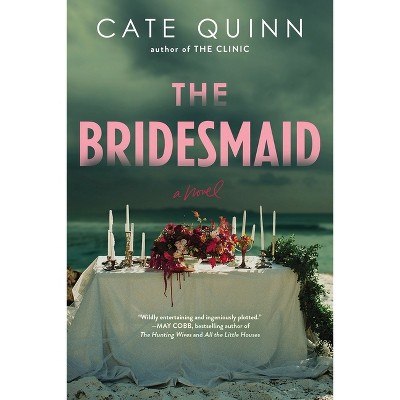
$13.49 - $32.49
MSRP $17.99 - $32.99 Lower price on select items
3 out of 5 stars with 1 ratings


